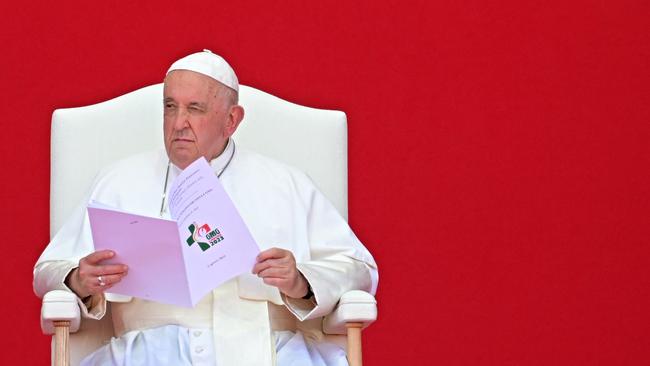
The striking thing about these giant congregations is that they were overwhelmingly young people. Francis can thank the greatest of the modern popes, John Paul II, who founded WYD in the mid-1980s.
WYD is a key experience for millions of young people and typically leads to spikes in religious vocations and spiritual life generally. However, even this astounding good moment is mired in the strangest contemporary confusion. Portuguese bishop Americo Aguiar, who has just been elevated to the rank of cardinal by the Pope, assured the world: “We don’t want to convert the young people to Christ or the Catholic Church or anything like that.”
Say what? If a bishop doesn’t want to convert people to Christ, surely he’s in the wrong line of work. Why not become a game show host or a diversity officer at a university? Good callings but, unlike bishoping, they don’t require you to preach Christ.
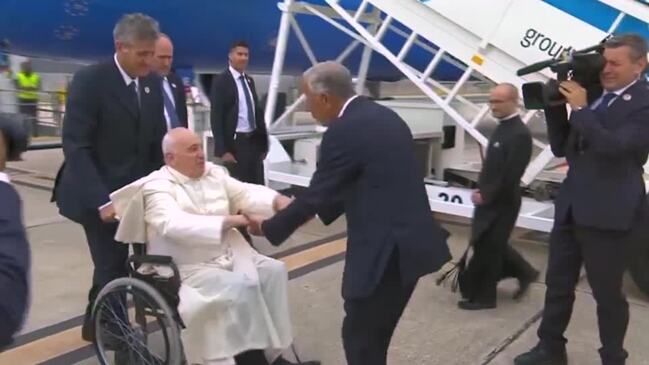
One sign of the crisis in Western civilisation is the loss of faith in its defining institutions: politics, the courts, the media, etc. The public is losing confidence in these institutions. But that’s often caused by the institutions losing confidence in themselves.
Bishop Aguiar said the main purpose of WYD was to celebrate diversity so all young people could walk happily together. This is almost literally insane. Of course diversity’s a good thing. But it’s not the only thing, or the main thing. It would be like a cancer hospital declaring it was no longer interested in actually treating cancer but would instead focus on celebrating the wide range of people who came along.
It’s all very well to burble on about modernising the church. But certain key things remain non-negotiable. They’re not forced on anybody. Nobody is required to be a Christian, still less a bishop.
But to deny the most elementary injunctions of Christianity is a bizarre outcrop of modernity at its maddest. Jesus gives the command to evangelise several times in the gospels. In Mark, he says: “Go into all the world and preach the gospel to every creature.”
The earliest Christians took this command very seriously. In his letter to the Corinthians, Paul writes: “Woe betide me if I do not proclaim the gospel.” The Acts of the Apostles, and the earliest Christian writings, are full of stories of efforts to spread the gospel, meaning to convert people to Christ.
It goes without saying that there should never be compulsion of any kind in religious belief. But to abandon the idea of conversion altogether?
What is perhaps even more bizarre is that this is the kind of bishop Francis makes a cardinal, in the hope that in the next papal conclave, after Francis, who is 86 and in poor health, either retires or dies, that’s the kind of man who will be elected pope.
Bishop Aguiar walked his comments back after they caused controversy but that was unconvincing.
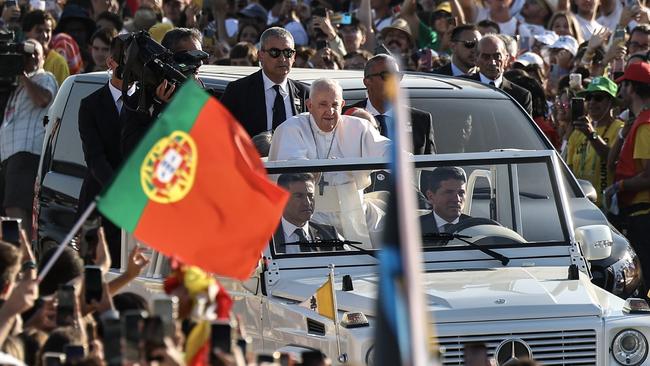
The most successful Catholic communicator in the world today is US bishop Robert Barron. A great scholar, the author of many books, he is a regular bishop in charge of a regular diocese.
He is also the founder of the Word on Fire organisation. He is extremely effective on the internet, in podcasts and the like. His YouTube videos have been viewed 120 million times. He is orthodox but not remotely a tub-thumping conservative. He’s a great teacher and tends to avoid internal church controversies.
Yet he was moved to a trenchant criticism and rejection of Bishop Aguiar’s view. If the church is not preaching Christ, that is, trying to make what it believes to be the truth available to everybody, then, in his view, the church is nothing.
In response to Aguiar, Barron wrote: “When any Catholic organisation forgets its evangelical purpose, it has lost its soul.”
But of course the very intellectual and ideological heart of the West’s distress and dysfunction is the proposition that there is in fact no ultimate truth, no transcendent meaning; that it’s impossible to know the truth and futile to try. Modernity is tremendously dogmatic about its passing fashions – from identity politics to militant atheism – but also dogmatic that there is no such thing as absolute truth.
Rod Dreher, the influential author of The Benedict Option, described Aguiar’s comments as complete surrender to contemporary ideology. One strikingly ill-advised bishop is not especially noteworthy, but that he is the man Francis wants to be part of choosing the next pope is worrying.
Francis himself has recently made a series of equally confused and bewildering comments. He said in connection with WYD that he wants priests who play soccer rather than preach, that the thing he fears most for the church is intellectual youth groups, and more along that line.
Even Francis’s best friends often find his comments simply bewildering. But many church liberals of a certain age are forever entombed, intellectually and emotionally, in the 1960s. That’s often the key to their utterances. For them it’s forever 1959 and they’re dealing with a Catholic Church that is too popular, too big, too self-confident, too insistent on moral teachings.
For these folks it’s as if the last 50 years never took place.
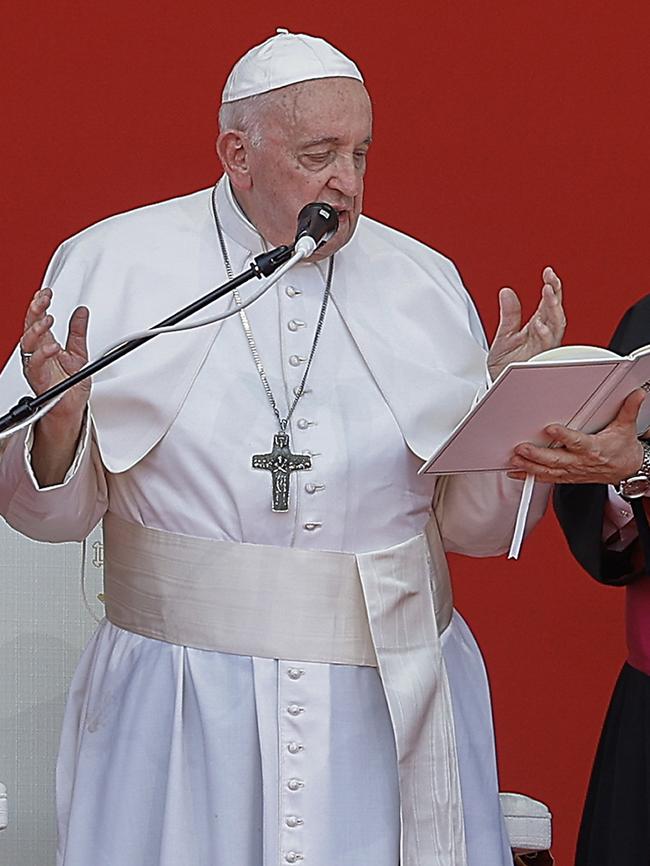
The church now is frequently empty, increasingly harassed legally and socially, operating in an intensely unsympathetic culture, dealing with the rise all around of what the wise Rabbi Jonathan Sacks labelled neo-paganism.
One of the most difficult things for all Christian organisations in such circumstances is to realise they still have an obligation to preach the truth. They must certainly care for the poor, as Francis rightly emphasises, but they have a non-negotiable obligation to the truth.
The crisis in the Catholic Church is reminiscent of the West’s broad cultural crisis. The vitality in the church is in the countless grassroots religious movements, comprised of many young people, which are without exception devoted to the substance of the gospels, which they seek to preach.
These folks are not entombed in the 1960s because they weren’t born then. When their elders, the designated defenders of truth, come to the view either that truth itself doesn’t exist, or that if it does exist, it’s not worth sharing, you know we’re in trouble.


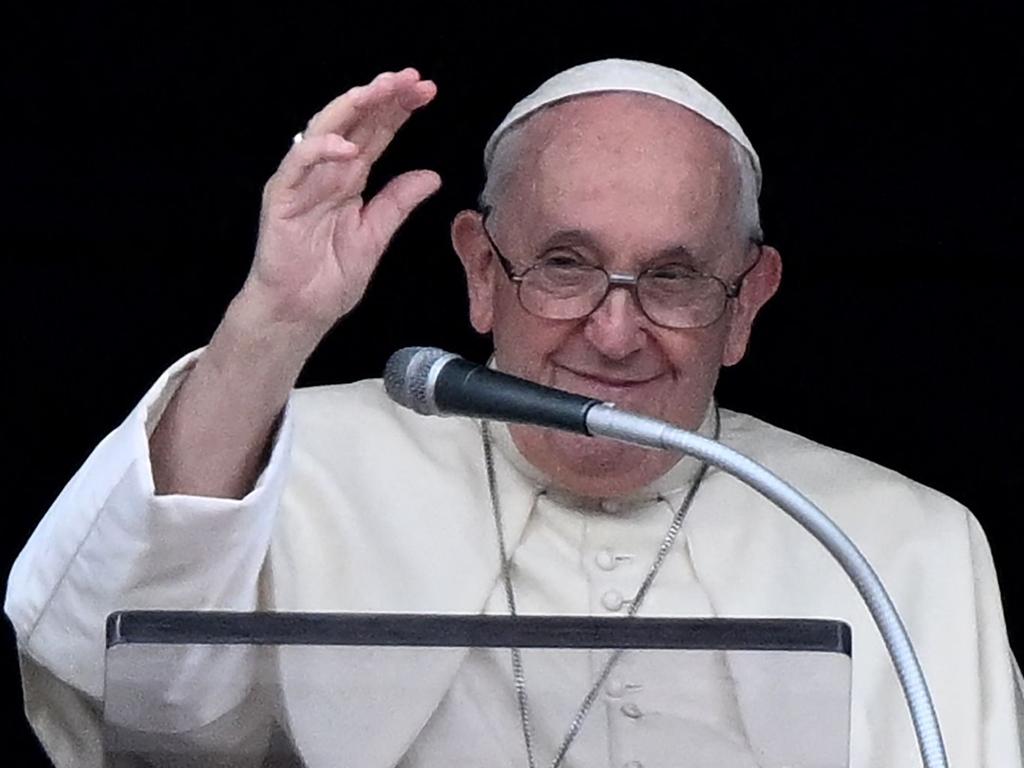
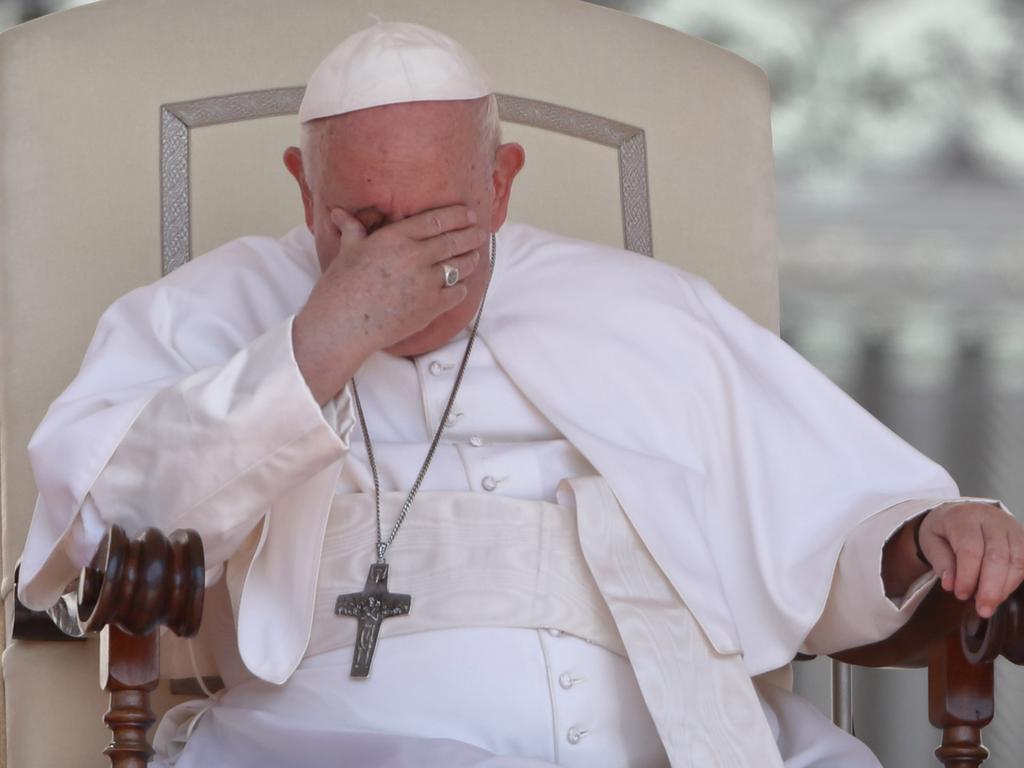
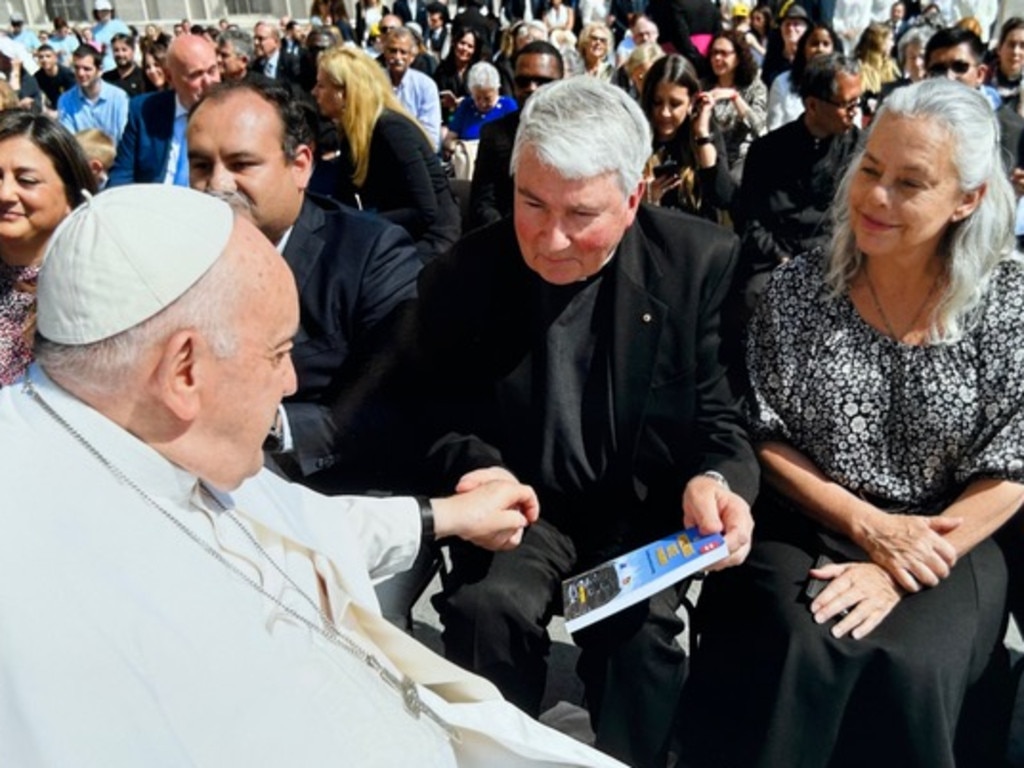

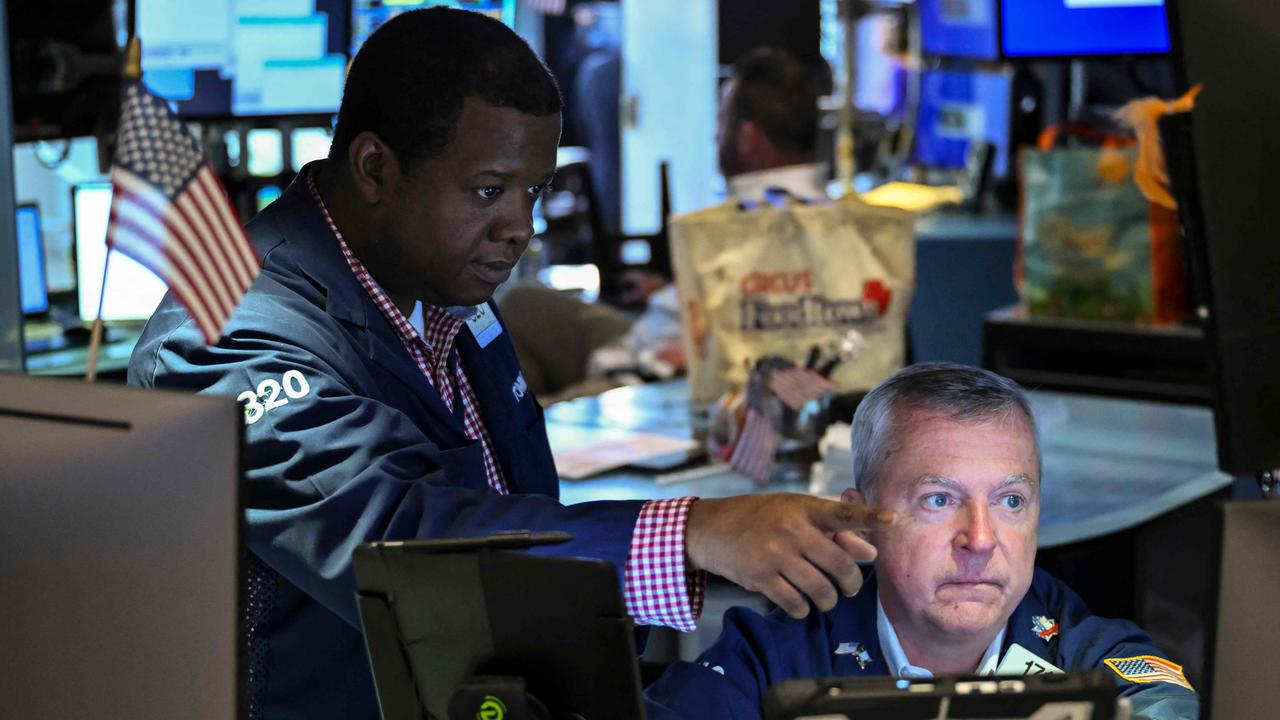
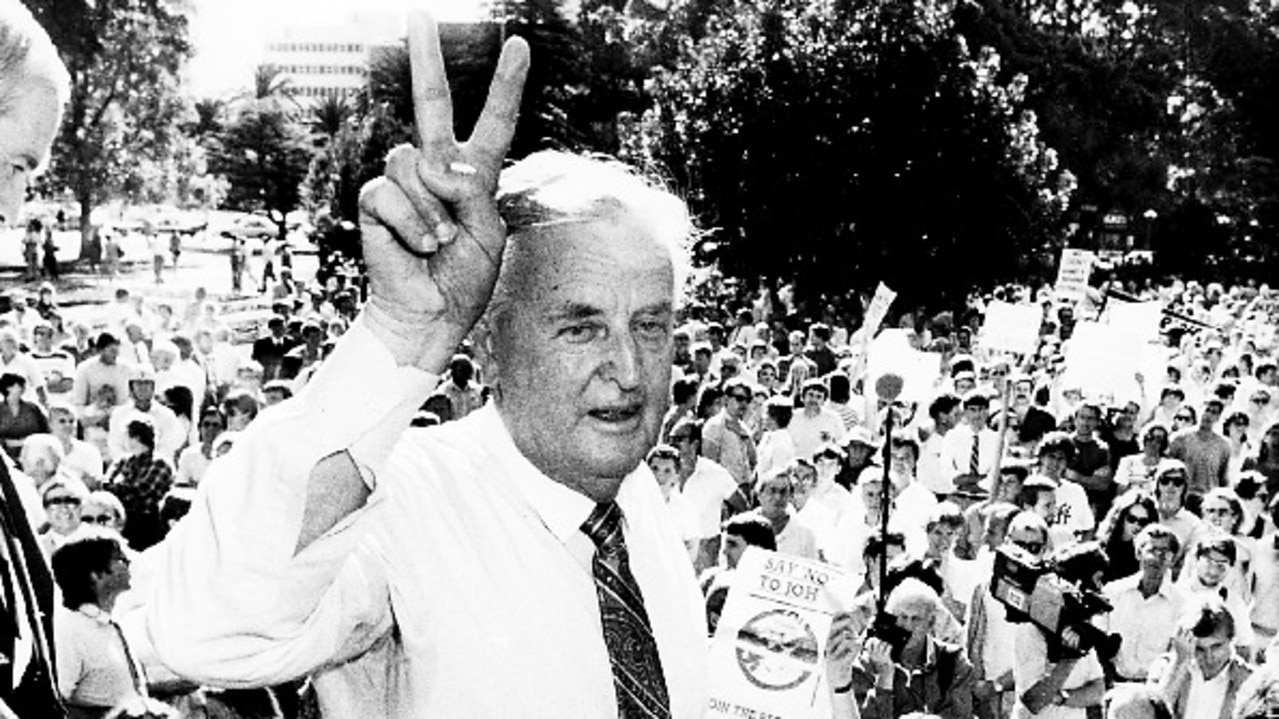
This week, nearly two million people attended a mass celebrated by Pope Francis in Portugal on the occasion of World Youth Day. A couple of days before that, 200,000 people attended a religious celebration at Fatima, the site of an appearance in 1917 to three children of the Virgin Mary. It’s also been a site of miraculous cures ever since. That’s some pulling power.